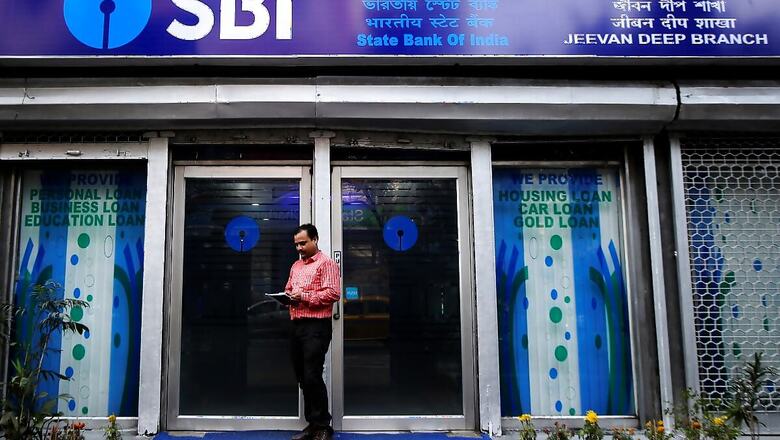
views
When it comes to investing, most people tend to choose safe options like fixed deposits. Although fixed deposit is a safe investment option, it offers low returns. People often compromise on high returns because of lack of risk taking appetite.
However, experts do not advise investors to put money into FDs for long terms. The reason behind this is that they believe interest rates could go up due to rising inflation at least in the next one year or so and in such a case, the risk of losing out is high.
Let’s try to understand reasons behind why FDs are not considered good options for long terms.
Inflation: While subscribing to fixed deposits, people usually do not take inflation into consideration. With rising inflation money loses value. When the inflation rises, the Reserve Bank of India increases the interest rate to check it. But, because of growing inflation, there would not be any significant increase in the purchasing power. At such a time, returns on investment in FDs would not be high.
Interest rates: The interest rate offered by FDs is low compared to options like debt mutual funds, which attracts high rate of interest and they are mostly risk-free investment instruments. So, even those who don’t want to take risks and invest in long-term instruments can look for debt mutual funds.
Difference in long and short term interest rate on FDs: If someone goes for long term FD, then interest rate for him will be between 5 and 5.5 per cent. On the other hand, the short term investment in FDs attracts an interest rate of four per cent. So, there is clearly no substantial difference between interest rate on long term and short term.
Break and re-invest: Suppose a person has invested in a fixed deposit of a bank for three years. If interest rate goes up during that period, he will have to break and re-invest. But during this process, banks tend to cut one per cent for breaking the deposit.
Read all the Latest News, Breaking News and Coronavirus News here




















Comments
0 comment